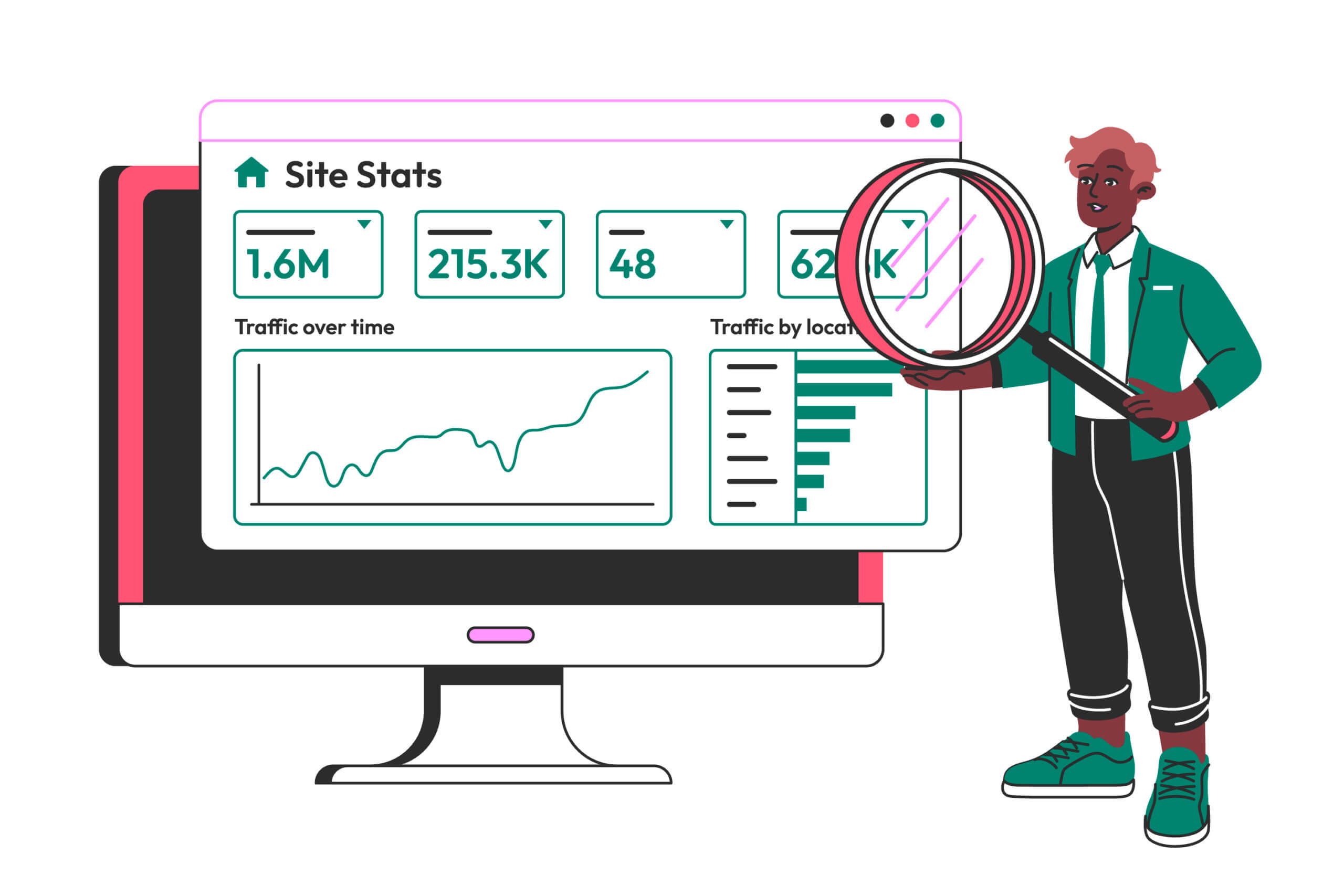
In the digital age, where data has become a valuable currency, the importance of data privacy cannot be overstated. With the rise in cyber threats and growing concerns about the misuse of personal information, governments around the world have implemented stringent data protection regulations. The General Data Protection Regulation (GDPR) in the European Union and the California Consumer Privacy Act (CCPA) in the United States are two prominent examples of these regulations. In this comprehensive article, we delve into the significance of data privacy and the profound impact of global data protection regulations on the landscape of digital marketing.
Understanding Data Privacy and Its Relevance
Defining Data Privacy
Data privacy refers to the protection of individuals’ personal information from unauthorized access, use, and disclosure. Personal data encompasses a wide range of information, including names, addresses, contact details, financial records, and even online behavior patterns.
The Growing Concerns
In an era of rampant cyberattacks and data breaches, individuals and organizations alike are increasingly concerned about the security of their data. High-profile incidents have highlighted the vulnerability of personal information, prompting governments to take action and implement regulations to safeguard user data.
GDPR: A Global Paradigm Shift
Overview of GDPR
The General Data Protection Regulation, enacted in 2018 by the European Union, is a comprehensive framework aimed at protecting the privacy and rights of EU citizens regarding their personal data. It imposes strict guidelines on how organizations collect, process, store, and share personal information.
Impact on Digital Marketing
GDPR has had a profound impact on digital marketing practices. Marketers are now required to obtain explicit consent from individuals before collecting and using their data for marketing purposes. This has led to more transparent and ethical data collection practices, fostering trust between brands and consumers.
Enhancing User Control
One of the core principles of GDPR is empowering users with greater control over their data. Individuals have the right to access, modify, and even erase their personal data from databases. This heightened control has compelled marketers to prioritize user preferences and offer opt-out mechanisms.
CCPA: Empowering Consumer Rights
Introducing CCPA
The California Consumer Privacy Act, which came into effect in 2020, grants California residents greater control over their personal information held by businesses. Similar to GDPR, CCPA mandates transparency, user consent, and the ability to opt out of data collection and sharing.
Impact on Digital Marketing
CCPA’s impact on digital marketing is far-reaching. It requires businesses to disclose the categories of personal information they collect and allow consumers to opt out of the sale of their data. This has forced marketers to reassess their data practices and implement mechanisms to honor consumer choices.
Extending to Non-California Businesses
While CCPA is a state-specific regulation, its influence extends beyond California. Organizations that conduct business with California residents must adhere to its provisions, leading to a ripple effect on data privacy practices nationwide.
Navigating Global Data Protection Regulations
Strategies for Compliance
Adapting to the requirements of GDPR, CCPA, and similar regulations requires a strategic approach. Marketers must invest in comprehensive data management systems, ensure transparent privacy policies, and establish mechanisms for obtaining user consent.
Balancing Personalization and Privacy
While stringent regulations may appear to hinder personalized marketing efforts, they also present an opportunity. By obtaining explicit consent and delivering value through personalized experiences, marketers can build stronger relationships with consumers based on trust and transparency.
Global Impact and Beyond
The influence of GDPR and CCPA is transcending borders. Many countries are considering or implementing similar data protection laws to empower users and establish ethical data practices. This global shift underscores the universal importance of safeguarding personal data.
Conclusion
The era of unchecked data collection and unsolicited marketing practices is fading into the past. The rise of data protection regulations, exemplified by GDPR and CCPA, marks a new chapter in digital marketing—one that prioritizes individual rights, transparency, and accountability. As consumers become more aware of their data rights, organizations must adapt their strategies to foster trust, respect privacy, and deliver value to users.
By embracing the principles of data privacy and adhering to global data protection regulations, businesses can navigate this new landscape successfully. As the digital realm continues to evolve, data privacy remains a cornerstone of ethical and effective digital marketing practices.

















